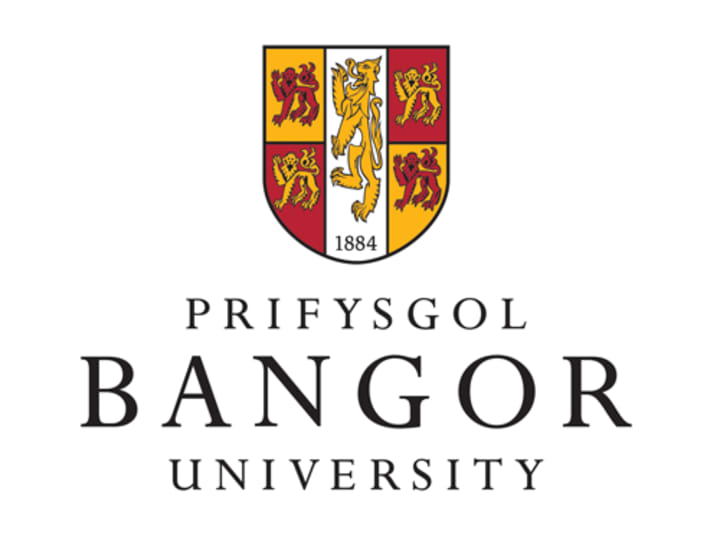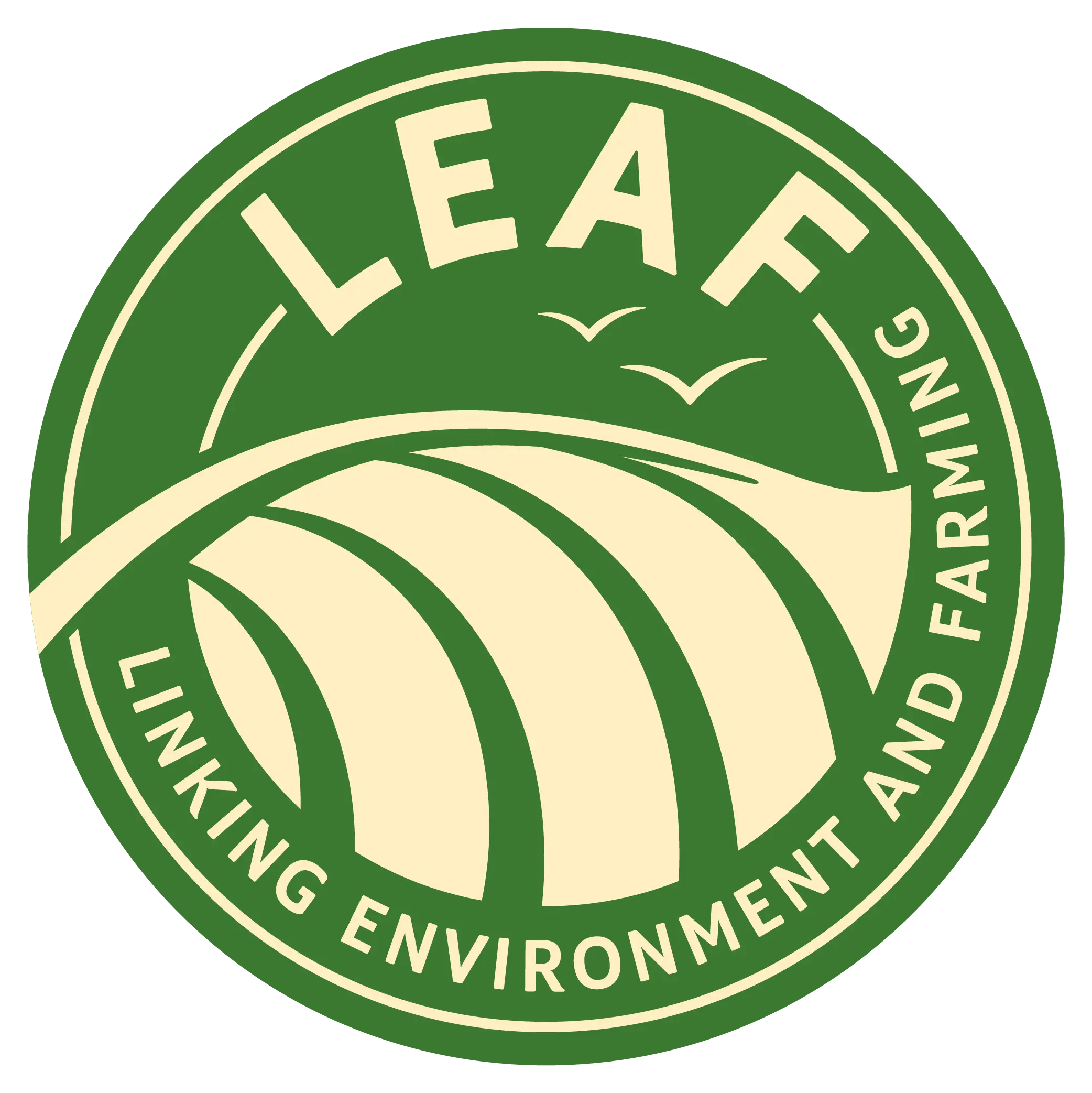- About Integrated Farm Management
- Our LEAF Network of Demonstration Farms & Innovation Centres
- Resources
- LEAF Sustainable Farming Review
- LEAF Endorsed Advisors & Consultants
- Our Projects & Partnerships
- Nature Based Solutions to Climate Change
- Beacons of Excellence
- Resilient & Ready
- Accelerating & Demonstrating the Journey to Net-Zero
Bangor University
Henfaes Research Centre is Bangor University’s research farm located in Abergwyngregyn totalling an area of 252 hectares. The farm includes arable, sheep, horticulture and agroforestry and extends from sea-level to amongst the highest land in Snowdonia. The farm is in a highly designated area, 75% of the land residing in Snowdonia National Park and parts being within a Site of Special Scientific Interest and National Nature Reserve.

Primary Contact: Prysor Williams (Senior Lecturer in Environmental Management)
[email protected] | 01248 382288
Included within Henfaes is a 49-hectare lowland area providing field, laboratory and greenhouse facilities. In addition, Henfaes is the location for the Centre for Hill and Upland Management (CHUM) which is managed as a commercial sheep unit, and the Sir William Roberts Centre for Sustainable Land Use. It is also a site that is part of the Global Farm Platform, a partnership facilitating knowledge exchange on grassland livestock systems across farm platforms on all continents.
Bangor University has a very strong reputation in forestry and is the oldest forestry school in the UK. Bangor is the leading institution incorporating sustainability into forestry teaching e.g. biodiversity, agroforestry etc.
Remit:
Research activities focus on the need for an economically viable agriculture industry to deliver a broad range of ecosystem services
Activities:
Henfaes works closely with farmers in the neighbouring Conwy catchment and hosts regular events to a wide range of audiences. Bangor hopes to improve links with industry and illustrate the benefits of IFM implementation in livestock systems by working with LEAF.
Bangor is an Innovation Site for Farming Connect, a Welsh government funded platform with 26,000 registered Welsh farms.
Henfaes has also hosted OFS in previous years.
Henfaes was one of five research and demonstration farms that are part of Defra’s Sustainable Intensification Platform (SIP) research programme.
Research interests:
Bangor produces a lot of research with applied value. Upland horticultural research around sustainable intensification, livestock production systems, agroforestry, soil science, crop science, nutrient management and greenhouse gas emissions. More specifically this involves:
- Sustainable intensification of livestock production systems
- Fertiliser efficacy trials in relation to GHG emissions
- The impacts of extreme climatic events on grassland productivity and functionality
- The role of agroforestry systems in improving production efficiencies
- Sequestering carbon
- Providing habitat
